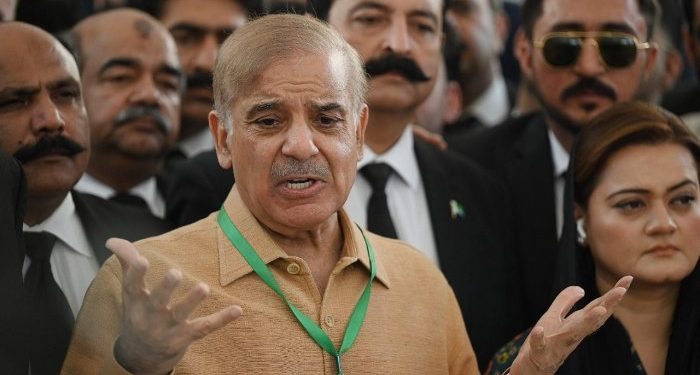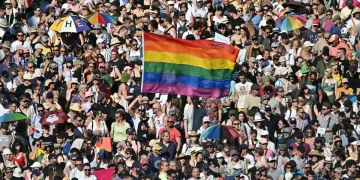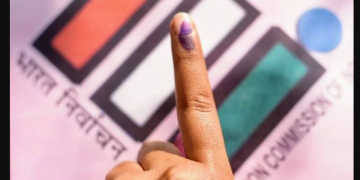New Delhi: Pakistan’s federal cabinet has been mulling over the imposition of emergency in the country following the political unrest after the arrest of former Pakistan premier and Pakistan Tehreek-e-Insaf (PTI) Chief Imran Khan, citing sources, media reported Friday.
Cabinet members mulled over using the option of imposing emergency.
During the Pakistan Democratic Movement (PDM) session, the coalition parties suggested to impose emergency. The cabinet members also held consultations over necessary steps to cope with the political and economic challenges, ARY News reported.
The federal cabinet held discussions over the verdicts, as well as reviewed the recommendations of extending the tenure of the assemblies, sources added.
Earlier, it was learnt that the Pakistan federal cabinet reviewed the Supreme Court’s verdict in PTI chief’s arrest case.
The federal cabinet is meeting to discuss the post-Imran Khan arrest situation and Supreme Court’s verdict that nullified his arrest in the Al-Qadir Trust case by National Accountability Bureau (NAB).
On Thursday, Defence Minister Khwaja Asif said that an emergency is a constitutional option but there is no chance of imposing martial law.
Reacting to the Supreme Court’s release order of Khan, Asif added that Khan’s personal and public medical reports have huge differences as he walked in the Supreme Court corridor without a wheelchair.
Pakistan Peoples’ Party (PPP) and the Muttahida Qaumi Movement Pakistan (MQM-P) have reportedly opposed the proposal to ban the PTI, ARY News reported on Friday.
In a recent development, sources have revealed that the federal cabinet failed to reached a consensus as several federal ministers have recommended imposing ban on the PTI, including measures such as a ban on public gatherings and a freeze on party activities.
The recommendations were made in response to the growing concerns over the party’s alleged involvement in incidents of violence and harassment.
However, the PPP and the MQM-P have reportedly opposed the proposed restrictions on the PTI, citing concerns over freedom of expression and the right to protest, ARY News reported.
IANS






































